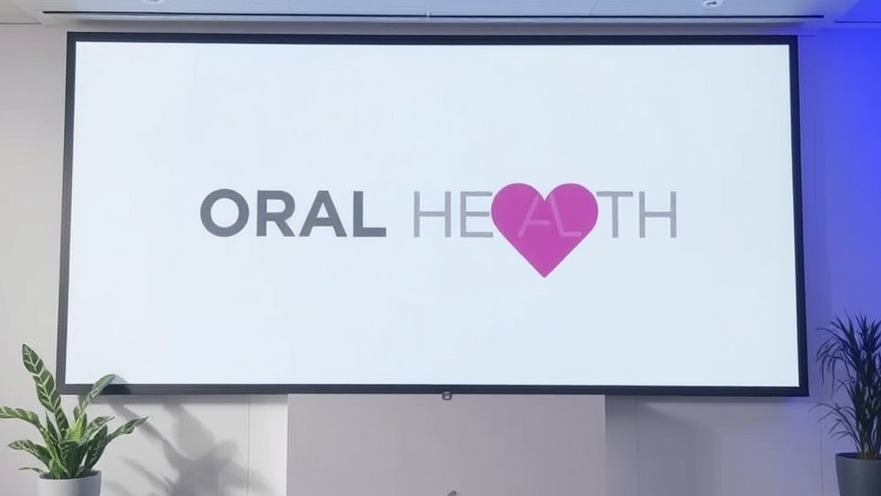
Transforming Oral Health Access: A Comprehensive Approach
Access to oral health care isn't just a single challenge; it is a multifaceted issue that intertwines with various social determinants of health, including economic stability, social and community context, and healthcare access, particularly for marginalized populations. As a dental policy consultant with experience at the intersection of health policy and clinical practice, I have witnessed how strategic initiatives can drive access to essential oral health services.
Recognizing the Barriers to Care
One of the most significant barriers to oral health services is cost. Many individuals, especially those from low-income backgrounds, are deterred from seeking dental care due to financial constraints. While Medicaid expansions can improve affordability, they do not automatically lead to increased utilization of dental services. Effective policies that incentivize dental providers to accept Medicaid patients—like reducing onerous administrative tasks and ensuring equitable compensation—are crucial for enhancing access to care.
In addition to addressing cost concerns, the integration of oral health into existing public health initiatives can foster a more holistic approach to healthcare delivery. Programs like the Special Supplemental Nutrition Program for Women, Infants, and Children (WIC) and the Supplemental Nutrition Assistance Program (SNAP) can act as touchpoints to connect families with comprehensive dental care and nutritional support, potentially improving health outcomes.
Innovative Solutions for Rural and Underserved Areas
In rural and underserved areas, the lack of available providers is a significant hurdle. Workforce shortages mean that many communities lack access to necessary dental services. Robust training programs for expanded-function dental auxiliaries and loan repayment schemes can motivate dental professionals to work in these critical areas. Furthermore, implementing mobile dental clinics and school-based sealant programs will facilitate care access for children and families who might otherwise go without essential services.
Leveraging Teledentistry to Overcome Geographical Barriers
Geographical challenges also present a significant barrier to accessing dental care. Teledentistry is emerging as a viable solution for narrowing the access gap, allowing for remote consultations and preventive services. This innovative approach facilitates timely care delivery, ensuring that patients receive the necessary support even from afar.
The Importance of Community Water Fluoridation
Access to safe drinking water is equally vital to maintaining oral health. Community water fluoridation serves as one of the most cost-effective methods to prevent tooth decay. However, barriers such as distrust in water safety and lack of access to public water systems significantly affect its benefits. Ensuring transparency regarding water quality and implementing consistent community education can bolster public trust and enhance the overall impact of fluoridation initiatives.
Culturally Competent Care: A Key to Success
Health systems must adapt to meet diverse patient needs, including the provision of culturally competent care and flexible scheduling options. Integrating oral health into primary care settings can simplify the referral process and improve overall coordination of care. Providers trained to address dietary guidance also need to consider how social determinants such as food security influence nutritional choices and, consequently, oral health outcomes. Understanding these relationships is paramount to fostering effective health literacy among patients.
Future Directions: Addressing Systemic Factors Impacting Dental Health
Moving forward, it is essential to prioritize initiatives that encompass not only clinical solutions but also address the broader social determinants impacting health outcomes. This requires ongoing investment in community programs and partnerships that extend access and education surrounding dental health.
Health professionals and policy-makers alike play vital roles in redefining the landscape of oral health access. As a community of advocates, we must work together to develop evidence-based policies, support workforce training initiatives, and foster a culture of equity in healthcare. The future of oral health care is not just about treatment; it’s about creating environments where everyone can thrive.
To advocate for meaningful changes in oral health access, consider engaging with local organizations or initiatives focused on policy reform or community education. Every effort counts in bridging the gap between policy and practice, helping to make equitable oral health care a reality for all.
 Add Row
Add Row  Add
Add 




Write A Comment